Iru is famous for improving the taste and aroma of local dishes. This fermented locust bean is a local seasoning but some people eat it on its own.
Still don't know what we are talking about? You probably call it Ogiri or Dawadawa.
Nutritional Components of African Locust Beans
Iru is rich in protein. Protein makes up about 36% of these seeds. This is the nutritional value of 100g of Iru.
Calories: 209.83kcal
Fat: 16.53g
Protein: 11.015g
Carbohydrate: 2.25g
Fibre: 4g
Water: 61.21g
Calcium: 208.475mg
Iron: 4.87mg
Zinc: 0.48mg
Magnesium: 232.1mg
Health Benefits of African Locust Beans
All parts of the African locust beans plant are valuable. The fruits, the seeds, the pods, and the essential oils. Besides being a local spice, many people use the seeds as a herbal treatment.
As a herbal treatment, African locust beans help treat the following:
- The African locust beans can be used to treat several respiratory infections when soaked in water or alcohol. Respiratory infections like pneumonia, bronchitis, cold, and cough.
- It can be used to treat gastrointestinal disorders such as diarrhoea and ulcer.
- Contains soluble fiber that is great for your gut and helps reduce constipation.
- It can reduce intestinal issues and reflux (spitting up) in babies.
- It helps reduce blood sugar and blood fat levels.
- It contains zinc that boosts the immune system and testosterone levels.
Can African Locust Beans Prevent Anemia in Pregnancy?
Iron deficiency in pregnancy has several adverse effects. When you have anemia during pregnancy, your blood will not produce enough healthy red blood cells to move oxygen to your tissues and your baby.
This can increase the risk of premature birth, low birth weight, and postpartum depression.
When you are pregnant, the body produces more blood to support the growth of your baby. When your diet lacks adequate iron and vitamins, this process will be hindered.
Your body might not be able to generate the number of red blood cells needed to make the needed blood for your baby's growth.
If you are feeling stressed or tired too often, this might be a sign of severe iron deficiency. Other signs may include:
- Pale skin, lips, and nails.
- Dizziness.
- Shortness of breath.
- Rapid heartbeat.
- Low body temperature.
- Trouble concentrating.
Also, the unusual pregnancy cravings for non-food items like paper, dirt, or sand can be a telltale sign of anemia in pregnancy.
When you don't have enough iron in your red blood cells, you are going to feel fatigued, and headache, weakness, and shortness of breath are very common when you have anemia.
20% of maternal deaths in Africa have been attributed to anemia. A study of anemia in pregnancy in Abeokuta, Nigeria shows that 365 women were anemic at different stages of pregnancy trimester. 125 of these women were first-time mothers while 240 have had babies already.
The percentage is higher still in women that use traditional home birthing centers. So anemia in pregnancy is a condition that should not be taken lightly.
Yes. The African locust beans contain iron, but the amount per serving is not enough to prevent or correct anemia in pregnancy.
When other vital nutrients like folic acid, vitamin C, Vitamin B12, and protein are present in the same meal, there is a better chance of preventing anemia in pregnancy.
And in severe cases of iron deficiency Anemia, a blood transfusion will be required to correct it.
These are some vegetables and food products you can add to African locust beans in your meal, to prevent anemia while pregnant.
- Iron-rich foods: Meat, chicken, fish, eggs.
- Vitamin C-rich food: Citrus foods, raw fresh vegetables.
- Folic acid: Dark green leafy vegetables, beans, wheat germ (internal part of wheat grains).
- Prenatal multivitamins and mineral pills.
Ideally, you will be tested for anemia at your antenatal check-up. During your first antenatal appointment, doctors usually run a blood test to check if you have anemia.
Haemoglobin and hematocrit test are done to measure the amount of hemoglobin and percentage of your red blood cells.
Other follow-up tests would also be made in your second and third trimesters to rule out every possibility of anemia.
It is important you have these tests done, especially if you experience any of the symptoms mentioned above. This will help you get the required medical support for this condition.
Comment on other iron-boosting foods you know. Remember to stay PreggySafe!


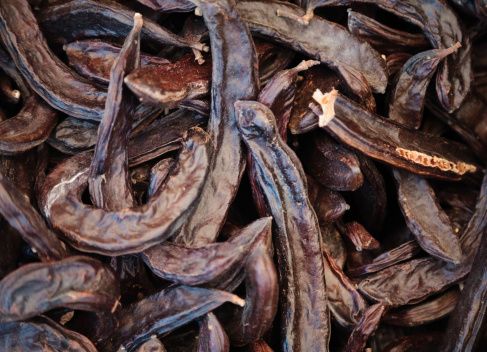
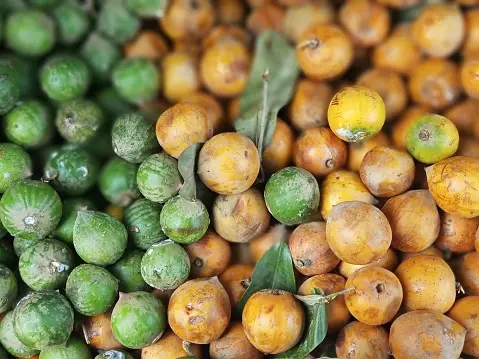


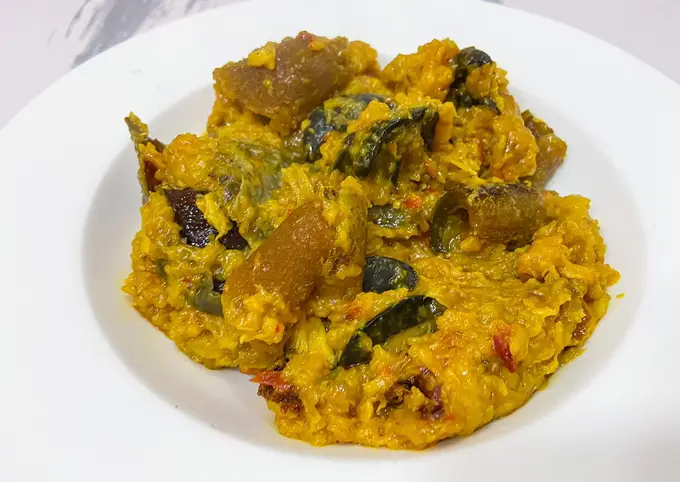

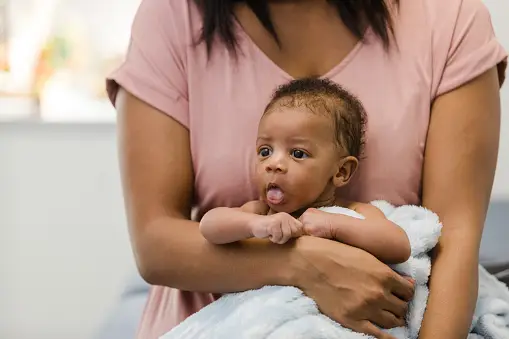
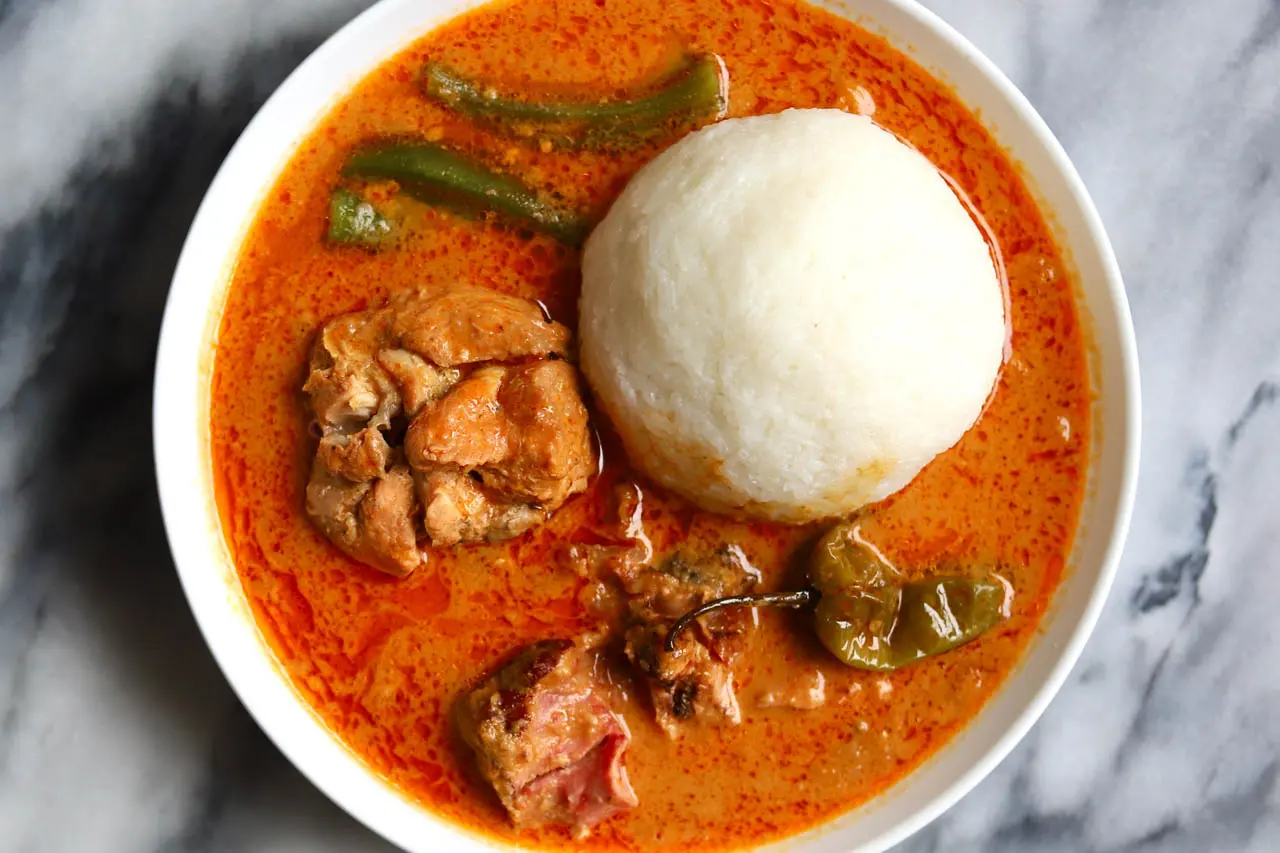
Comments